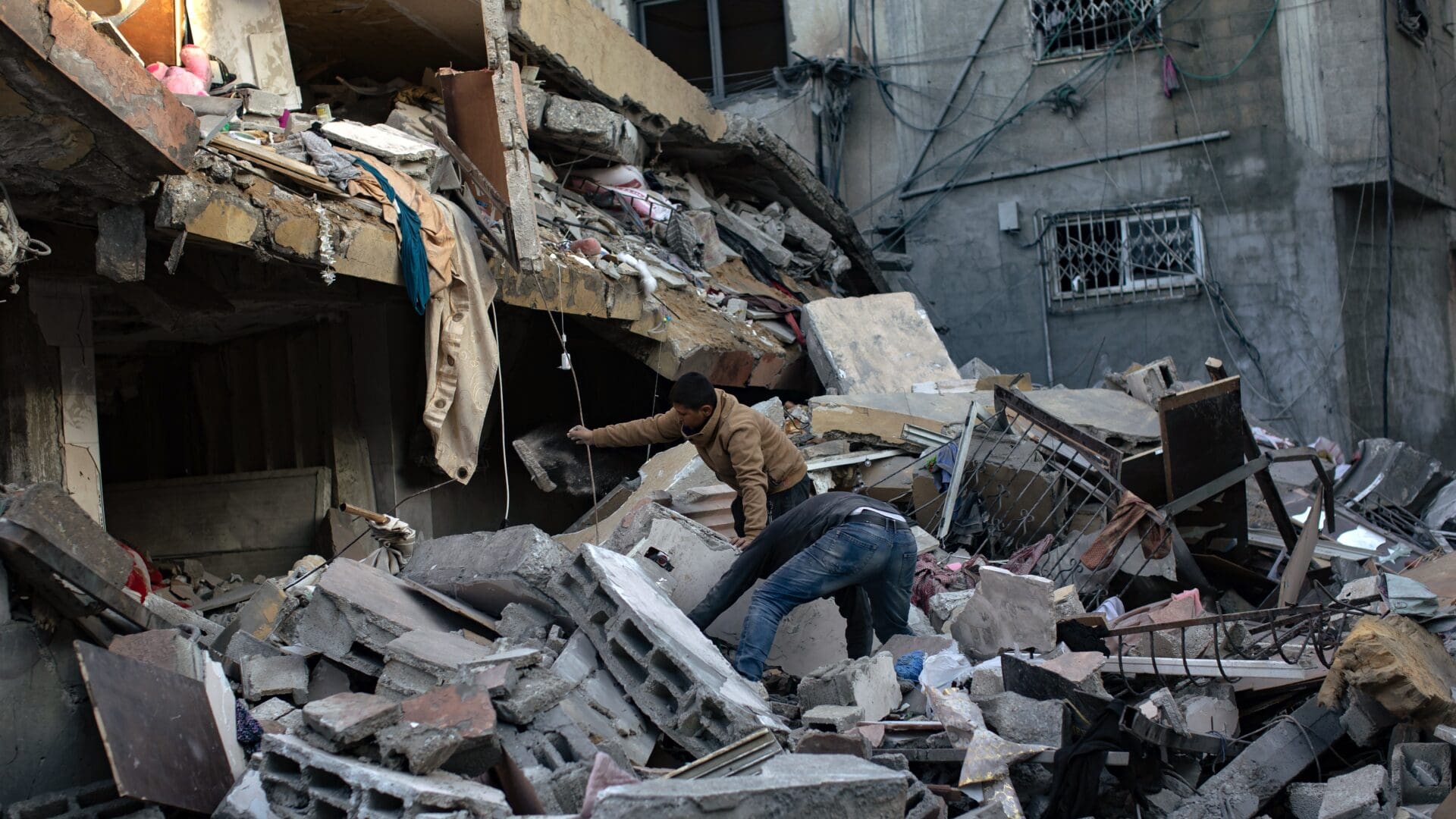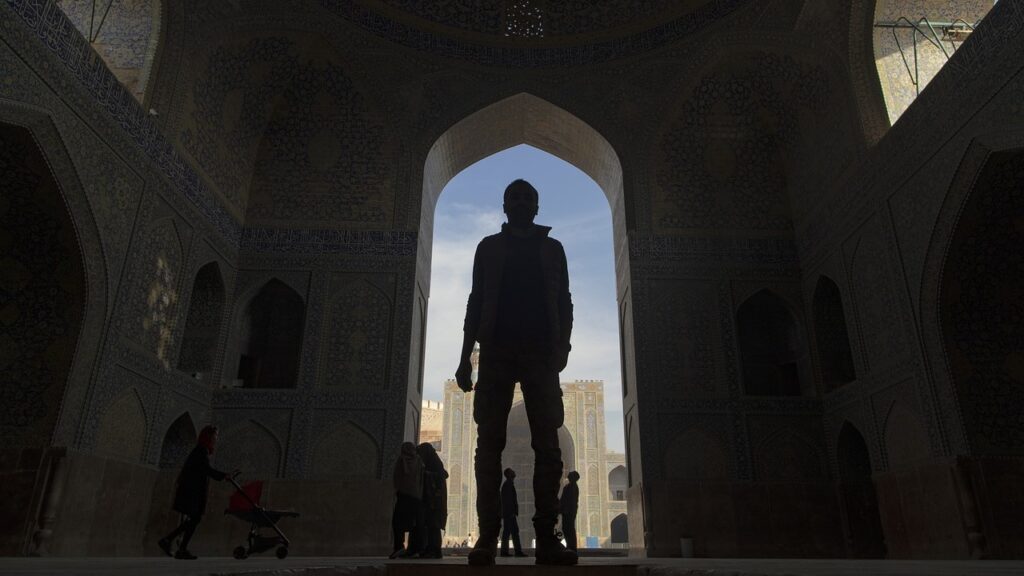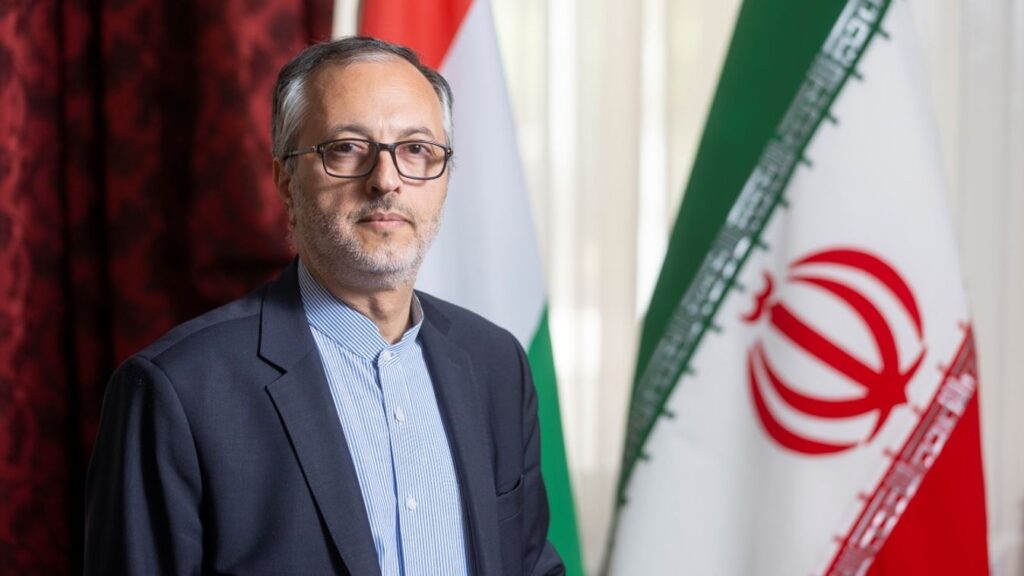The following op-ed was originally published on Magyar Nemzet.
The savagery of the 7 October Hamas attack on Israel was unprecedented in the recent history of the Middle East. The level and the forms of the sexual violence perpetrated by Hamas, of the murder of infants and young children, and of the elderly and of whole families, went far beyond anything perpetrated by ISIS. It more closely resembled terrorist violence in Africa than anything previously seen in the Israeli–Palestinian conflict.
Despite the after the fact apologetic justifications that have emerged in Western countries, this was no uprising or intifada, and it was neither a military operation nor a war of liberation.
It was an act of terrorism, nothing more and nothing less.
Terrorism follows set patterns which have deviated little over the two millennia of its existence. Terrorists strike out against an infinitely stronger foe, not with any hope of victory, but rather as an attempt to influence the global audience of observers to take sides, preferably the side of the terrorist actors. Terrorism is at root political theater intending to achieve its victories not on the field of battle but rather in the court of public opinion. Victory is, for the terrorist group, defined as eliciting the world’s sympathy for its cause.
To achieve this victory in the war of ideas, terrorist groups rely on their target states to overreact, to target civilians and to slaughter the innocent in its quest to eradicate the terrorist threat.
This most basic of truths has left Israel facing a series of insoluble dilemmas.
First and foremost are its stated goals of rescuing the more than 100 hostages, many young people and most alarmingly young women, and of destroying Hamas. In a recent article in the New York Times, four IDF generals stated publicly what has been obvious to knowledgeable observers from the beginning: that these objectives are both contradictory and incompatible. Hamas is holding its hostages to both barter for their own prisoners held in Israel and as human shields for the Hamas leadership.
To both rescue the hostages and eliminate that leadership is simply undoable.
Second, the systematic destruction of Gaza and the appalling number of Palestinian casualties, many of them children, has made Israel appear in the eyes of the world community and in all likelihood at the International Court of Justice at the Hague, as both an aggressor and a perpetrator of war crimes amounting to charges of genocide. That the Hamas infrastructure is deeply embedded in the civilian population gave the Israelis little choice, but in the face of the carnage the world community cares little for such details.
Third and most ominously, the level of Israeli engagement in Gaza has provided an opportunity for Iran and its vastly powerful Lebanese ally Hezbollah, as well as its much less significant allies in Syria and Yemen, with an opportunity to turn the situation into a regional conflict which would engage Israel in a multi-front war which, standing alone, they cannot win.
Finally, there is this. I spent many years in the Middle East and witnessed the steady decline in support for the Palestinian cause by states and the general public alike. The Palestinian conflict with Israel has dragged on since 1948 and what in the 1970s was intense support for the Palestinians had by the 1990s waned considerably. Before the Hamas attack, Arab states had begun to establish diplomatic relations with Israel and the Arab public evinced a sense of tired indifference toward the Palestinian cause.
The attack of 7 October and the Israeli military operations in Gaza have changed all that. The Palestinian issue is now front and center in both the Middle East and in the Western world.
In the end, what for Hamas is a military defeat and a humanitarian disaster has become a resounding political victory. Bringing the Palestinian cause back into the forefront of world attention will for years to come to be the ultimate legacy of the atrocities committed by Hamas on 7 October.
***
Translation: Gabriella Kocsis








